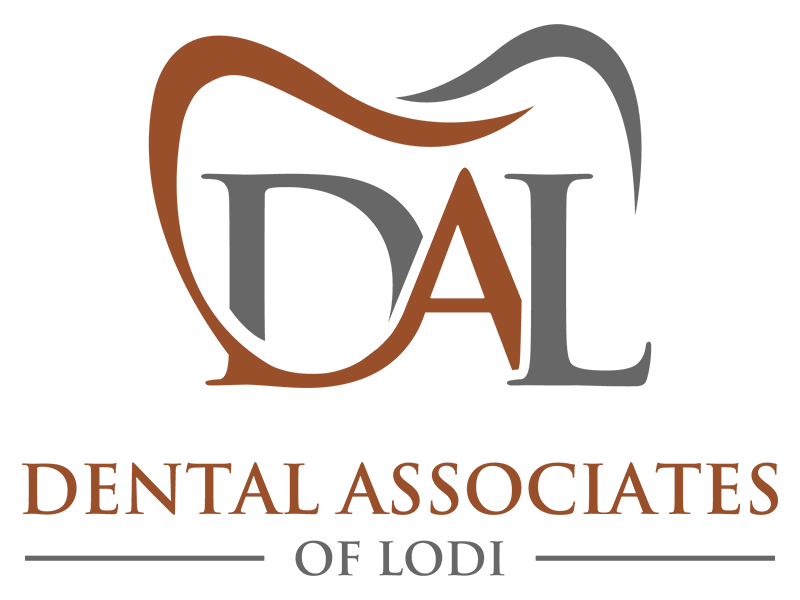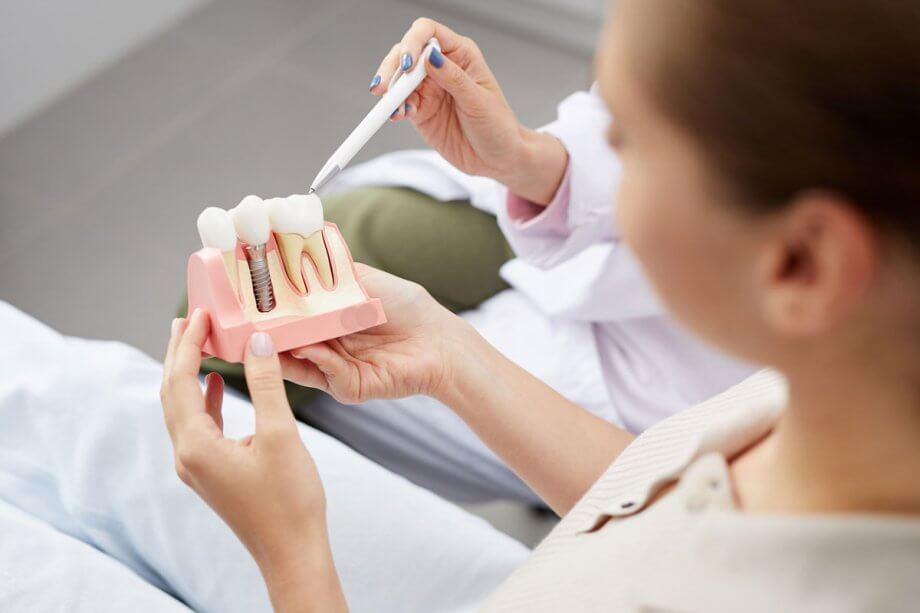When you need to replace a single missing tooth, your options are a dental bridge or a dental implant and crown. While bridges are a popular option for many patients, dental implants are becoming increasingly common because they are the only restoration that addresses the effects of tooth loss both above and below the gum line. Here’s what you need to know.
What is a single-tooth dental implant?
A single-tooth dental implant is the term we use to describe a dental implant and crown. This restoration has three separate pieces: the dental implant itself, which replaces the root of the missing tooth, a dental crown, and an abutment that connects the two.
Single-tooth dental implants are the best fit when only one tooth is missing or if you have a few teeth missing that are not adjacent to each other. Adjacent teeth can be replaced with an implant-supported bridge or if an entire arch of teeth is missing, we can use an implant-supported denture to restore them.
Am I a candidate for a dental implant and crown?
As long as you are in good overall health, don’t have active gum disease, and have the jawbone needed to support an implant, you are likely a candidate for a single-tooth dental implant. During your consultation with Dr. Liao, he will examine your teeth and jaw, discuss your dental and medical histories, and take x-rays to ensure that a dental implant and crown is right for you.
If x-rays show that bone loss has already occurred in the jaw, you may need to have bone grafting or a sinus lift prior to dental implant surgery to give your implant the support it needs to be successful.
What are the advantages of dental implants?
There are many advantages of dental implants—they look, feel, and function the most like your natural teeth and because they replace the root of your missing tooth, they can prevent and even reverse bone loss. This is critical, as bone loss can weaken your bite and impact the health of your other teeth.
Another advantage of a dental implant and crown over a traditional bridge is that bridges need support from adjacent teeth, while dental implants do not. A bridge requires us to trim down the two teeth on either side of your missing tooth and place crowns on them to hold the bridge in place. This can leave the supporting teeth susceptible to decay, cracks, and breakage. Even a Maryland bridge, which bonds a metal framework to the supporting teeth rather than using crowns, can place stress on healthy teeth.
A single-tooth dental implant is a low maintenance option that can be cleaned by brushing and flossing. Your dental implant can be expected to last a lifetime, although you may eventually need to replace the crown attached to it depending on the amount of wear it receives and the material it is made from. Still, a dental implant and crown combination will typically last longer than a traditional dental bridge.
Learn More about Dental Implants
To learn more about dental implants and find out if a single-tooth dental implant restoration is the right choice for you, contact us today at 862-247-8030 to schedule an appointment with Dr. Liao at Dental Associates of Lodi.


